Order in the classroom is essential for learning to take place, which is as much of a product of the teaches planned activities, experience and expertise as body language, pitch of voice, tone, mannerisms, and beliefs. Commonly lessons begin well, students are perfectly well behaved, they are attentive, receptive, and show eagerness to learn, then during the course of the lesson the conduct of many students begins to deteriorate. Even students who are diligent learners across the school and consistently demonstrate model behaviour, can in some subjects frequently become uncooperative and disruptive. Misbehaviour of students can be a result of the behaviour of the teacher, crises can be caused by the classroom authority, by underestimating the good nature of students.
| | The following video of Mr Garvey, a supply teacher with twenty years experience in inner city schools, demonstrates the negative impact being overly disciplinarian has on the classroom atmosphere. Although the clip is highly entertaining and comical in its portrayal, it highlights the failing of a heavy handed approach in developing professional relationships and conformity. The classroom climate can deteriorate as a direct consequence of the behaviour of the teacher, who perceives the stern, iron fist will “conquer all” approach is the most applicable. |
When people in authority want a collective group to conform, it matters first and foremost how they behave. This is called the “principle of legitimacy”.
Legitimacy is based on three criteria:
- People who are asked to obey authority, have to feel they have a voice, and if they speak up their thoughts, ideas, suggestions and opinions will be heard, respected and considered
- Expectations have to be reasonable
- The authority has to be consistent, fair and all groups of individuals are treated in exactly the same way. The “laws” of the class have to be predictable.
When applied to classroom situations a simple example is having students compose a set of rules, rewards and expectations is highly advantageous. Developing a class charter creates a sense of ownership and belonging and has huge benefits throughout the year as the authority is sanctioning the students in accordance with their own expectations. In order for a calm and purposeful classroom climate to be established students must become allies to the learning through clarity of standards, modelled and applied by the teacher who is reflective in their own practice and possess an innate belief in the positive potential of all students.
References:
Leites, N. and Wolf, C. (1970). Rebellion and authority. 1st ed. Chicago: Markham Pub. Co.
Gladwell, M. (2015). David and Goliath. 1st ed. New York, NY: Back Bay Books.









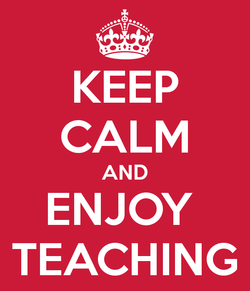








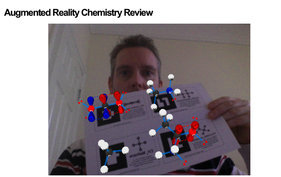










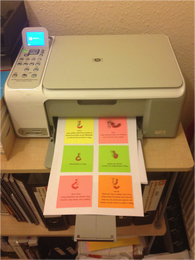
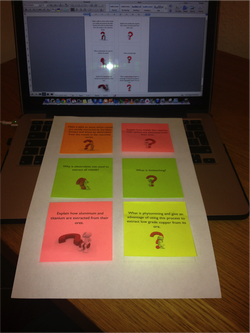
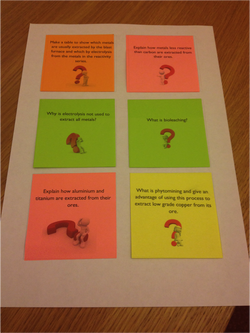


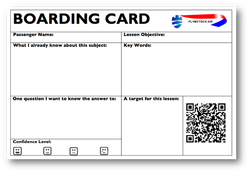
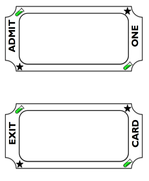



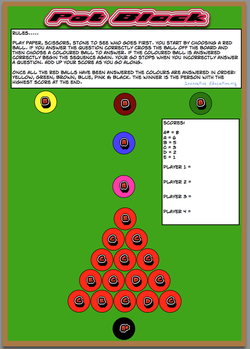

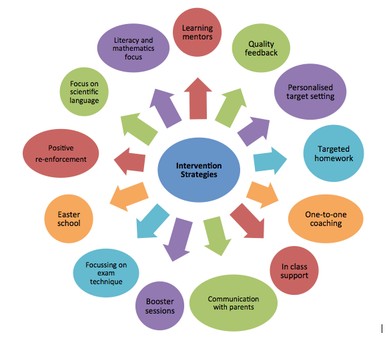
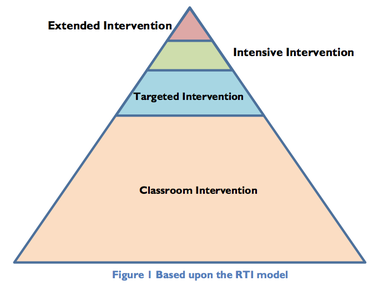


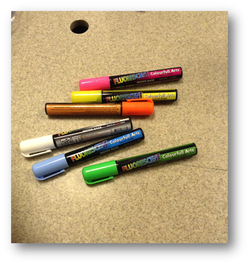
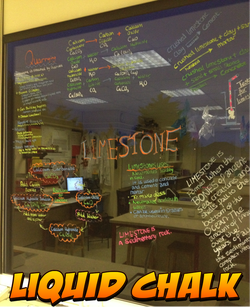

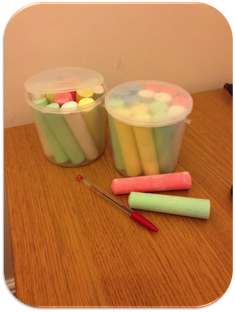



 RSS Feed
RSS Feed
